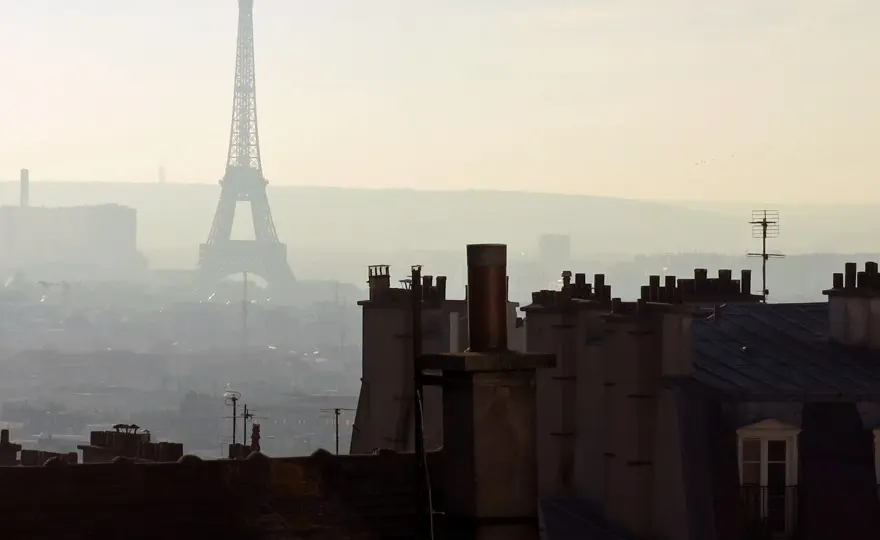ClientEarth Communications
4th December 2017


On 11 July 2017, the Conseil d’État ordered the French government to produce plans to achieve air quality limit values in the shortest time possible. The decision of the French highest court is significant, as it overrules previous decisions from French courts (including a judgment of the Conseil d’État itself in 2015) that were preventing citizens and NGOs to claim their right to clean air in courts.
The right to clean air is well established in EU law. The Court of Justice of the European Union (CJEU) has long held that air quality limit values set under Directive 2008/50/EC (the Air Quality Directive) have particular legal consequences: where limit values are breached, concerned individuals and groups have the right to go before national courts to demand that action is taken. In the Janecek 1and ClientEarth2 cases, the CJEU established that concerned citizens and NGOs have three key rights under the Air Quality Directive:
In the ClientEarth case, moreover, the CJEU clarified that member states are under an obligation of results to achieve compliance with the limit values. This means that the fact that an air quality plan has been adopted is not enough. The national court should review the content of the plan and whether it contains all the measures necessary to secure compliance in the shortest time possible.
A growing host of judges across Europe are protecting people’s right to clean air and holding authorities accountable. However, in many EU member states, barriers to access to justice make it difficult to protect the right to clean air.
The French NGO Les Amis de la Terre had to face the same barriers, when they started a legal fight to enforce the provisions of the Air Quality Directive in Paris in 2010. Despite the competent authority (the préfet de Paris) had adopted an air quality plan (‘plan de protection de l’atmosphère’, under the French transposing provisions), limit values for particulate matter and nitrogen dioxide were significantly exceeded in the city. The plan did not include all the measures necessary to achieve compliance in the shortest time possible.
In May 2010, Les Amis de la Terre started a legal action to challenge the existing plan and obtain an order to adopt a more effective plan. However, the Administrative Court of first instance in Paris and, on appeal, the Conseil d’État rejected the action. Both courts refused to review the content of the plan, ignoring the well-established CJEU case law on the right to clean air. In the judgment of 10 June 2015 (N° 369428), the Conseil d’État held that:
Following the first set back, Les Amis de la Terre, with the support of ClientEarth, started a second court action. This time, the NGO targeted directly the French government for its failure to ensure compliance with the air quality limit values in more than 16 zones and agglomerations in France.
In its judgment of 11 July 2017 (N° 394254), the Conseil d’État departed sharply from its previous decision in 2015. The French highest court followed the case law of the CJEU (namely, the ClientEarth case) and the example of many other national courts in Europe. In particular, the Conseil d’État held that the Air Quality Directive sets an obligation of results. It also held that the discretion of competent authorities over the content of air quality plans is limited and subject to judicial review. In light of the widespread and significant exceedances of the limit values across France, the French court ordered the adoption of new and more effective air quality plans by 31 March 2018.
Even if Les Amis de la Terre had to pursue a dispute for more than seven years, this decision of the French Conseil d’État represents a significant step forward for access to justice and effective protection of the right to clean air in France.
1 Case C-237/07 Janecek v Freistaat Bayern.
2 Case C-404/13 ClientEarth v The Secretary of State for the Environment, Food and Rural Affairs.